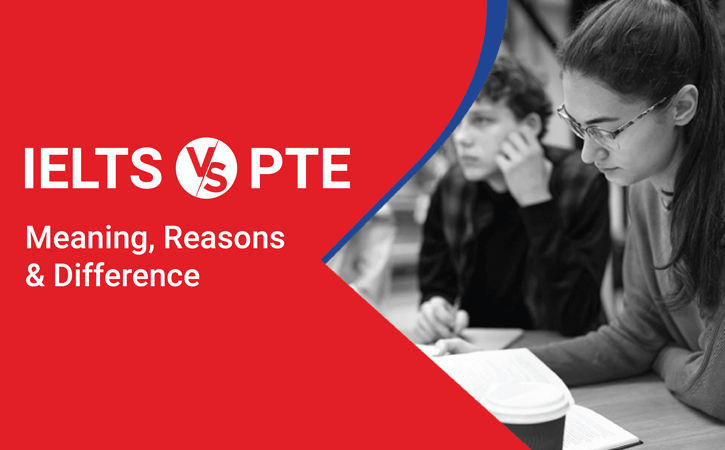

Tenses are one of those things that are seriously overlooked by students during the IELTS exam. If you’re serious about getting a high score on your IELTS test, it’s a good idea to know how they work. But don’t worry, they’re not as difficult as they sound.
All you need to know is how tenses relate to different points in time with the accompanying actions (verbs). You can take a quick quiz here if you want to test your current skill level or simply want to try out an IELTS practice test.
We’ll be covering tenses from the perspective of verbs (actions) and once you get this, tenses will be second-nature to you in your IELTS preparation.
Words conveyed in the past tense refer to events that happened or were completed previously.
Past tense has its subsets too and this is where things get tricky.
For this, all you have to remember is that it’s a sentence that specifies a single event in the past.
I read a book last night.
I made coconut curry yesterday.
An event that happened in the past and carried out into the present.
He finished swimming last night.
A tense that describes how one event happened in the past before another.
I had eaten a pizza last night before he showed up with the nachos.
He had failed to mention he had a girlfriend before we started dating.
Related Blog: Top 10 Tips for Reading and Listening Section in IELTS
A tense that describes how an event happened in the past and continued until another point in time in the past.
He grew a few inches taller before getting scouted by the basketball team.
Jonathan became a culinary author before landing a spot in that prestigious school in summer.
Things that happen in the present or are happening are considered to be in the present tense. But there’s more to it than that! Let’s take a look at its different types and why how they’re used in the IELTS course.
Refers to events that happen frequently or on a regular basis.
I sleep every day.
I watch TV every day.
This tense refers to events that are happening and defines unfinished (but ongoing) actions.
I am writing every day.
I am speaking to my uncle right now.
This refers to events that originated in the past and ended in the present.
I have exercised every day since childhood.
I have reminisced about her many times.
This is a tense that describes an action that started in the past and is still ongoing in the present.
I have been eating competitively since I was 5 years old.
He has been competing professionally in MMA fights lately.
Ah, the future. Now let’s look at how we describe it in terms of tenses.
Related Blog: IELTS Reading: Exam Skills are Critical to Success
This tense describes things that are yet to happen in the future.
I will meet her tomorrow evening.
You will be amazed by my progress soon enough.
This tense describes things that will happen in the future and continue up to a certain point in time.
I will be running the Olympic race this Saturday.
By next spring, I will have become a changed man.
This describes things that occur between a certain point of time and finish eventually.
I will have beaten him in Chess by next winter.
He will have realized his folly by the dawn of 2020.
This describes events that work up to a certain place or point in the future
By 2020, I will have been swimming in a sea of riches.
I will be working in the company as CEO until the next 5 years.
And that’s it! Keep reviewing your grammar as you progress in your English studies to develop a deeper and meaningful understanding of how we use different tenses.
That’s your 5-minute crash course guide to mastering tenses for your IELTS online preparation. Now go out there and ace those IELTS practice tests and the main course like a champ. Also, share this with your friends and family if they are interested in appearing for IELTS.
Book your Free Counselling Session now!
IELTS Vs PTE: Meaning, Reasons & Difference

A Complete Guide to IELTS Vocabulary